From July 6 – 10, AIDS 2020 brought together thousands of people around the world (virtually) for the largest conference on HIV and AIDS research, prevention, policy and advocacy. During the conference, San Francisco AIDS Foundation leaders shared information about the incredible impact of our programs, services and research.
Take a look at our symposium session, presentations and poster discussions presented–conference materials are now publicly available.
AIDS 2020 Conference Guides
View the entire conference online program
Take a closer look at the 12 prime sessions, 27 workshops, 50 symposia, 62 abstract sessions, 10 pre-conferences and 70+ satellite sessions.
View the Bay Area guide to AIDS 2020: Virtual
Find all the sessions at the conference presented by Bay Area organizations.
Tales of the City: Confronting the changing landscape of HIV in San Francisco
[Non-commercial satellite session]
Thursday, July 9 at 9 am (PDT)
Grappling with city-wide issues including homelessness, increasing rates of drug overdose, poverty and displacement, San Francisco AIDS Foundation confronts systemic societal disparities as we serve people living with or at risk of HIV. Hear how our practitioners are shaping services and health policy to ensure health justice and equity in PrEP uptake, substance use treatment, harm reduction services and overdose prevention, and connection to HIV services. Through a series of short presentations and a panel discussion, we’ll delve into the challenges and successes we have experienced centering Black, Indigenous and People of Color, people experiencing homelessness, trans and non-binary individuals, people living with HIV, and people who use drugs, with an eye on how to evolve over time to meet the changing needs of our community. We’ll share evidence-based strategies you can use at your own organization, and will facilitate a Q&A.
Introduction: Joe Hollendoner, CEO
- Shifting priorities: A Magnet for change – Jorge Roman & Felipe Flores
- Addressing challenges in access to HIV care – Reina Hernandez & Janessa Broussard
- Partnering with dating apps to promote sexual health – Jen Hecht
- Low-threshold substance use services – Mike Discepola & Alex Locust
- Syringe access services and hepatitis C wellness – Ro Giuliano, Kimby Muller & Brenda Cantero
- Responding to overdose & providing access to Narcan during the provision of syringe clean-up activities – Whit Bastian
Live Q&A facilitated by Ernest Hopkins, senior strategist and advisor
Watch session
The Impact of NIH HIV/AIDS Research and Discovery at the Intersection of Prevention, Treatment and Disparities Across the Lifespan
[Non-commercial satellite session]
Tuesday, July 7 at 4 pm (PDT)
National Institutes of Health (NIH)-supported research is critical to reach ambitious but achievable goals to end the HIV epidemic in the United States by 2030 and HIV pandemic control globally. The satellite will highlight NIH HIV/AIDS research at the intersections of Prevention, Treatment and Disparities across the lifespan. Ernest Hopkins, senior senior strategist & advisor at San Francisco AIDS Foundation, will be a featured speaker sharing insights about how HIV policy and advocacy have shaped our response to the global and the domestic HIV epidemics.
Panel speakers: Ernest Hopkins, Maureen Goodenow, Jennifer Kates, John Sleasman, Sunil Suhas Solomon, Nittaya Phanuphak, Lisa Hightow-Weidman, Amy Justice, Darrell Wheeler
See session
Sex Hormone Therapy and Tenofovir Diphosphate Concentration in Dried Blood Spots: Primary Results of the iBreathe Study
[Satellite Channel 1]
July 7, 10 am (PDT)
The California HIV/AIDS Research Program funded three demonstration projects focused on increasing access, uptake, and adherence to PrEP among transgender individuals in California. These were the first PrEP demonstration projects in the U.S. focused specifically on transgender communities. The 3 research teams, two from the San Francisco Bay Area and one from San Diego/Los Angeles, aimed to provide PrEP to a combined 700 transgender and non-binary individuals, with particular focus on transgender women of color. PrEP provision was included as part of a comprehensive prevention and sexual health package.
Dr. Robert Grant will present early findings from iBreathe, a pharmacokinetic study on PrEP and hormone interactions conducted at San Francisco AIDS Foundation.
See Session
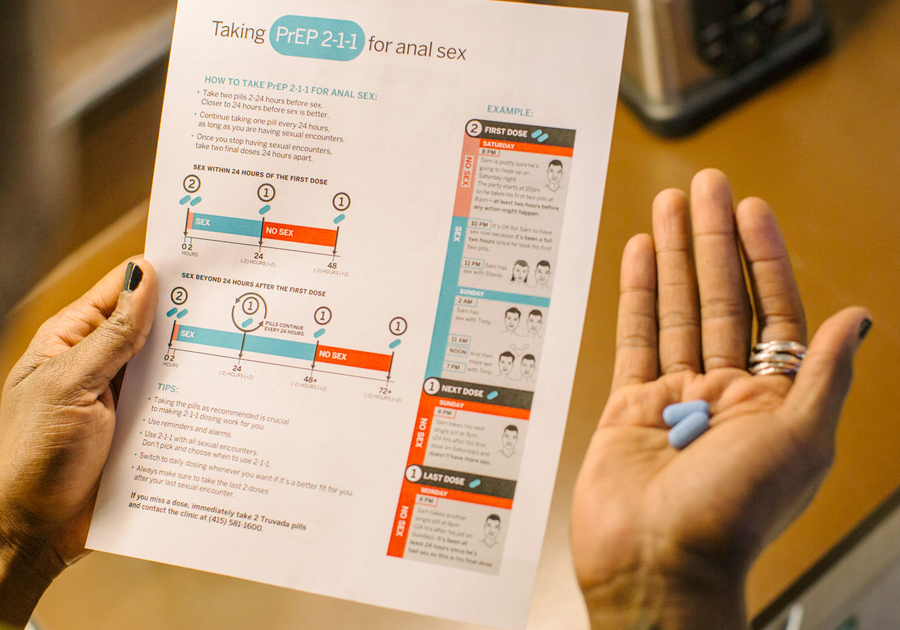
PrEP 2-1-1 education increases PrEP uptake and preserves effective PrEP coverage in a large nurse-led community-based sexual health clinic in San Francisco
[Oral abstract session, OAC0503]
Available on-demand
PrEP 2-1-1 dosing (i.e., “on-demand” dosing) with TDF/FTC for anal sex is not endorsed by the CDC and has limited utilization in the U.S., despite research and experience showing its effectiveness and appeal among people who otherwise might not take PrEP. To increase knowledge and use of PrEP 2-1-1, the sexual health clinic Magnet of San Francisco AIDS Foundation implemented a PrEP 2-1-1 program. Providing 2-1-1 dosing information increased uptake of PrEP, was a popular dosing option, and reduced medication use by three-fold while preserving high rates of effective use.
Janessa Broussard, Jason Bena, Pierre-Cedric Crouch, Bunny Taylor, Melissa Chavez, Robert M. Grant
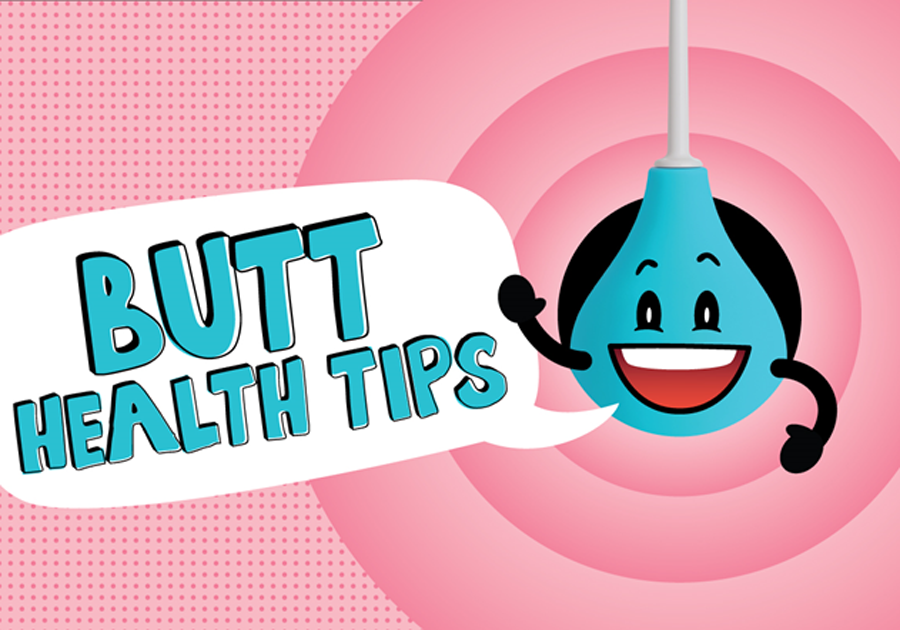
Promoting anal health and pleasure with a community-driven social marketing campaign
[Oral abstract session, OAC0602]
Available on-demand
Anal fissures, rectal STIs, improper rectal douching and anal health concerns can increase HIV risk among people having receptive anal sex. Yet stigma and embarrassment can keep people from seeking health care for these concerns, free anal health resources for men who have sex with men (MSM) are not widely available online, and platforms like Facebook/Instagram restrict the kind of sexual health information that can be promoted. This social marketing campaign leveraged the lived experience of MSM community members and expertise of MSM providers to develop stigma-free anal health resources to promote better butt health.
Emily Land, Eric Jost, Andrew Hattori, Russell Roybal
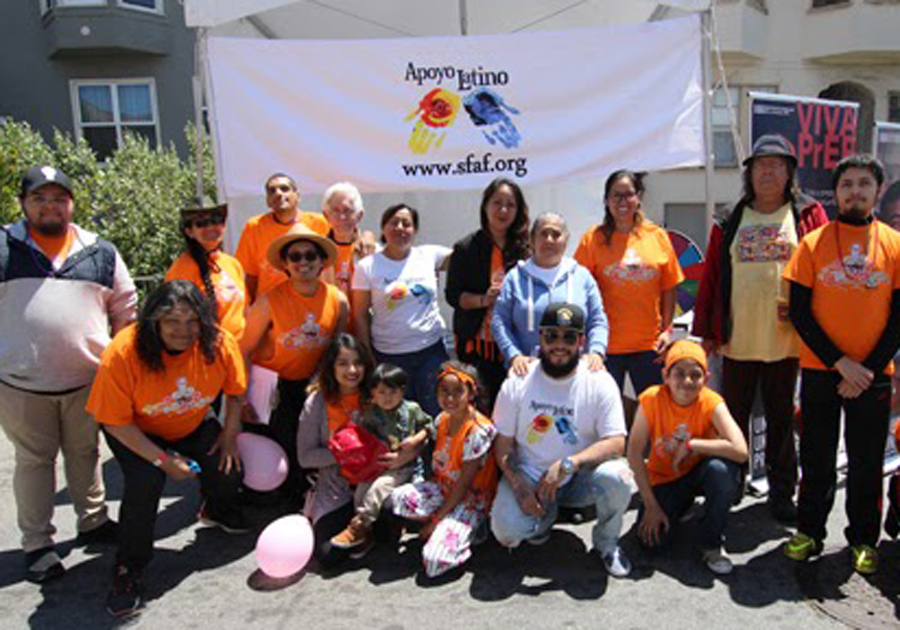
Community Influencers are Key to HIV Prevention for Latino Homeless Populations: A strategy for Getting to Zero among Immigrants
[Oral poster discussion session, PDD0105]
Available on-demand
To reduce HIV transmission in San Francisco, we must invest in developing effective ways to reach Latino people experiencing homelessness. In 2018, San Francisco AIDS Foundation’s Latino Programs piloted the Todos Somos Familia project, training 16 formerly and currently homeless Latino immigrants as community HIV influencers, or promotores de salud.
Sebastián J Zepeda, LCSW, Rita Melendez, PhD, Gabriela M Alaniz, MPH, Eduardo Siqueiros

Geenius HIV 1/2 Supplemental Assay point-of-care testing reduces time to initiate antiretroviral therapy
[E-poster, PEE1526]
Available on-demand
Point of care HIV tests are an essential part of HIV screening but due to false positives, confirmatory testing is needed to provide an accurate diagnosis prior to starting HIV antiretrovirals (ARV). At Magnet, a nurse-led clinic in San Francisco with a moderate complexity lab, a 2nd generation rapid test for initial screening was used with a standard HIV confirmatory test panel having a 3-day turn around. To address this delay, an HIV 1/2 supplemental assay was implemented as a point of care confirmatory test.
Janessa Broussard, Pierre-Cedric Crouch, Bunny Taylor, Jasmin Alvarez, Melissa Chavez, Robert M Grant

Detailed profile options on dating apps increase awareness about sexual health
[E-poster, PEC0746]
Available on-demand
Hook-up apps, where an increasing percentage of MSM meet their sexual partners, play an important role in facilitating communication about sexual health strategies to mitigate behavioral risk. To improve the sexual health outcomes among app users, Building Healthy Online Communities (BHOC) partnered with Emory University’s American Men’s Internet Survey (AMIS) to gather input from app users about which sexual health features they wanted app owners to add, and worked with apps to achieve these changes.
Jen Hecht, Dan Wohlfeiler
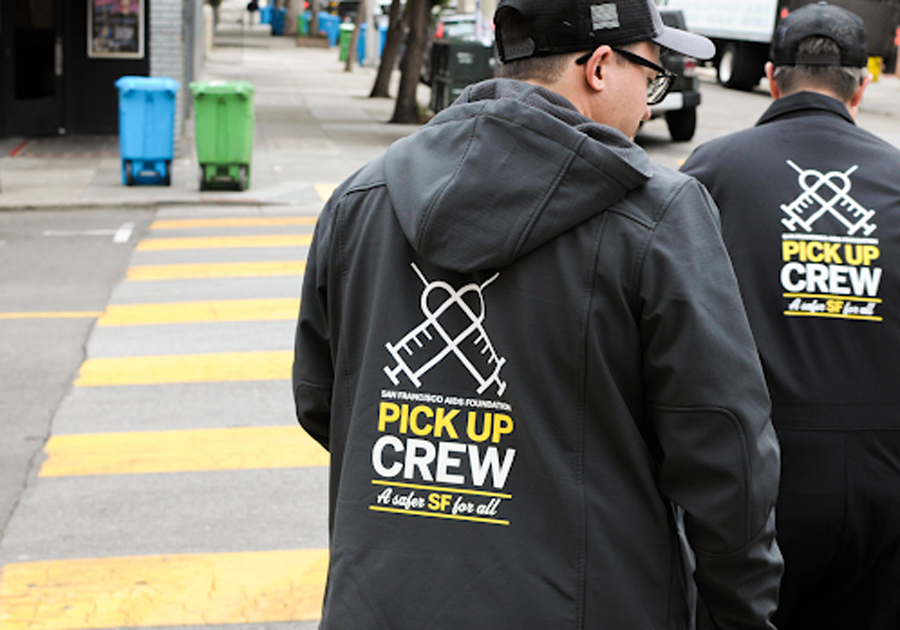
A unique method for building community support for and expanding access to syringe access programs: Picking up improperly discarded syringes and using app-based tracking
[E-poster, PEE1696]
Available on-demand
Syringe access programs (SAPs) are evidence-based interventions that reduce HIV transmission. Many syringes are returned through disposal sites and kiosks, although homelessness, displacement, experience with police and mental health symptoms affect individuals’ ability to return syringes. San Francisco AIDS Foundation (SFAF) established the Pick Up Crew, which runs 7 days/week, 12 hours/day, picking up improperly discarded syringes and responding to real-time requests from the community.
Rob Hoffman, Whit Bastian, George Reynolds, Jen Hecht

Reducing social isolation among HIV long-term survivors by building friendships and ties to the community
[E-poster, PED0784]
Available on-demand
People with HIV are living longer and the proportion of HIV-positive people over age 50 continues to grow. In addition to physical challenges related to aging with HIV, these individuals are confronting unique social and emotional challenges with health care systems ill-equipped to respond. To address unmet health needs of HIV-positive seniors, San Francisco AIDS Foundation (SFAF) established a social support network serving MSM over age 50. The Elizabeth Taylor 50-Plus Network offers weekly social and wellness activities.
Vince Crisostomo, Dusty Araujo, Julie Lifshay
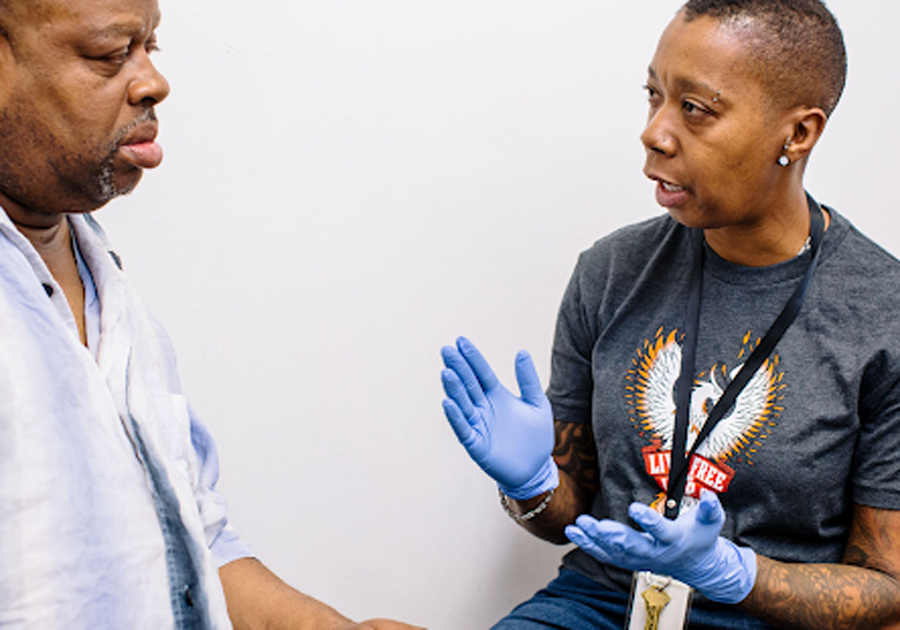
“Treat them where they’re at:” Medication lockers as a model for HIV and HCV treatment and medication adherence among people who inject drugs experiencing homelessness
[E-poster, PED1046]
Available on-demand
While HCV can be cured and HIV managed successfully with daily medication, people experiencing homelessness in San Francisco can struggle with medication adherence since they lack a stable, consistent place to store and keep medications. In addition, displacement by police sweeps create significant challenges for securing belongings, including medications. San Francisco AIDS Foundation (SFAF) developed a medication locker program to improve medication adherence. SFAF’s Harm Reduction Center is a warm and welcoming space providing injection equipment, overdose prevention, HIV/HCV/STD testing, on-site HCV and STI treatment, linkage to HIV care, health education, medical care, and the “Luv Your Liver Lounge,” an HCV treatment program.
Ro Giuliano, Andrew Reynolds

How to engage priority populations through a representative workforce
[E-poster, PEE1412]
Available on-demand
People are more likely to access services, especially HIV/STI testing and treatment, when their providers look and sound like them and have shared backgrounds and experiences. A lack of compensated opportunities designed to train and educate individuals from priority communities in sexual health service provision results in a workforce that is often exclusively comprised of people who maintain the highest levels of privilege (such as the ability to work without pay). San Francisco AIDS Foundation (SFAF) created a Clinical Assistantship Program at the health center Strut that utilizes community connections, often created through social event programming, to recruit exclusively from priority populations. This paid program mentors new leaders by providing hands-on, comprehensive training on how to deliver sexual health and social support services.
Jeremy Zondlo, Joshua O’Neal
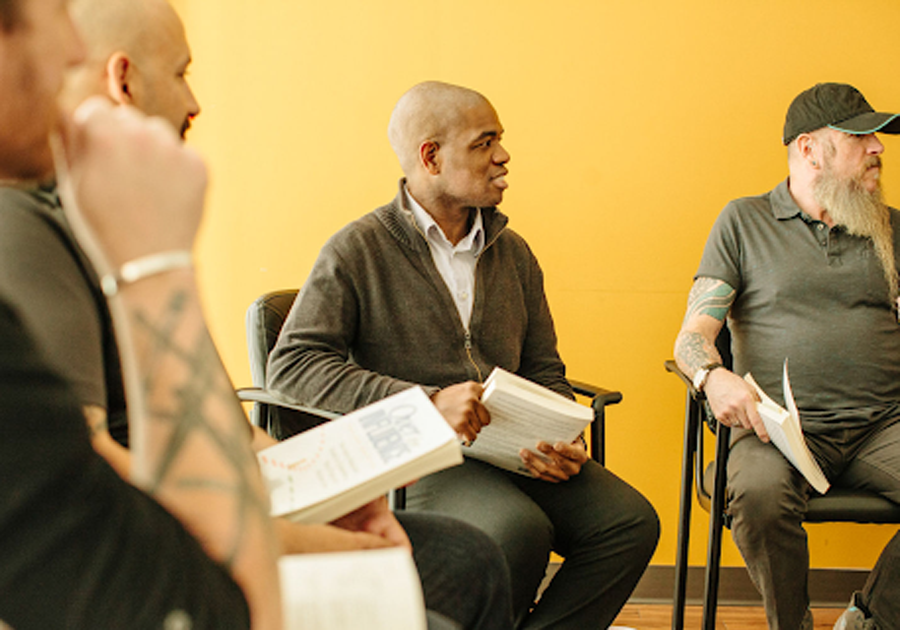
Low Threshold Harm Reduction Services Engage MSM in Drug & Alcohol Treatment
[E-poster, PED1240]
Available on-demand
Men who have sex with men (MSM) are more likely than the general population to experience substance use disorder (SUD), which increases HIV/HCV infection risk and leads to poorer HIV medication and PrEP adherence. Yet drug treatment programs–for MSM and others–oftentimes fail to meet the complicated needs of drug users. To engage and retain MSM in substance use treatment, The Stonewall Project (TSP) provides a continuum of harm reduction services that validate the experiences of MSM and provide evidence-based treatment to reduce harms caused by drugs and alcohol.
Mike Discepola, Kyle Temple, Rick Andrews, Rich Lugo
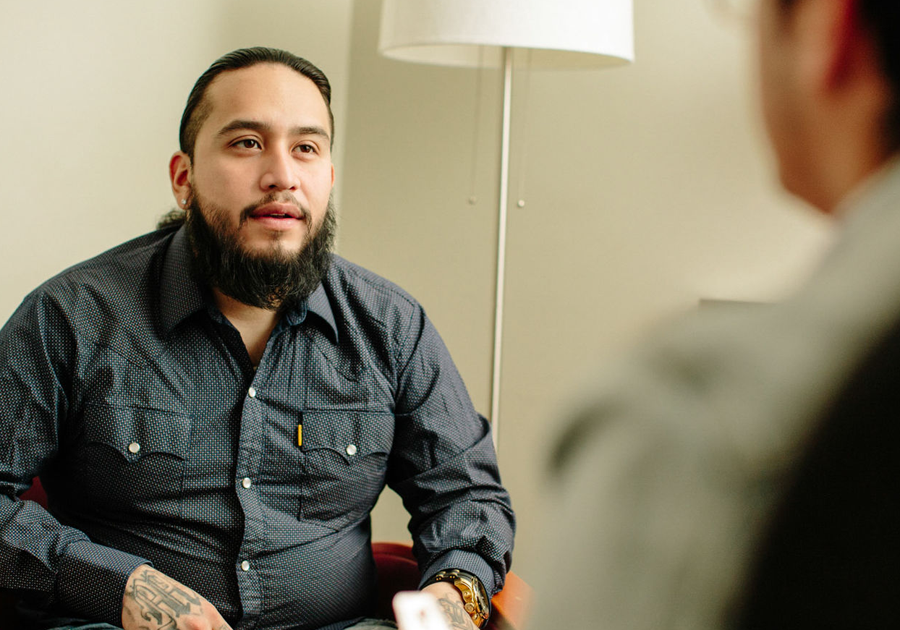
Activating community HIV prevention for Latino homeless populations: A strategy for getting to zero among immigrants
[E-poster, PEF1779]
Available on-demand
In San Francisco, Spanish-speaking homeless individuals are among the most challenging to recruit for services including HIV testing and treatment because many may not be aware of or may be distrustful of services. Employing and training currently and previously homeless individuals is a way to bring other homeless individuals into services. Latino Programs piloted the Todos Somos Familia project, to train Latino homeless immigrant individuals as Health Activators in HIV Education or Promotores de Salud.
E. Siqueiros, J. Zepeda, R. Melendez
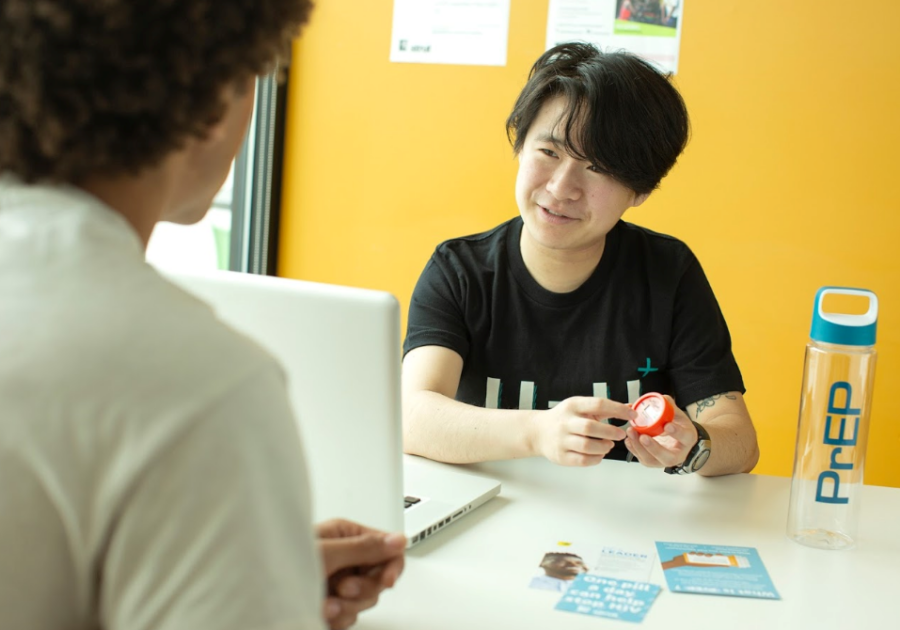
High Rates of Nurse-Led Rapid ART Start and Subsequent Linkage to Care/Viral Suppression at a Large Community-Based HIV Testing and Prevention Site in San Francisco, California, USA
[E-poster, PEB0267]
Available on-demand
Little is known about the outcomes of patients who initiate ART at HIV testing and prevention sites without onsite primary care. In 2017, viral suppression in the year after HIV diagnosis in San Francisco was 78%. We describe RAPID ART initiation, linkage to care, and viral suppression at Magnet, the sexual health clinic of San Francisco AIDS Foundation.









